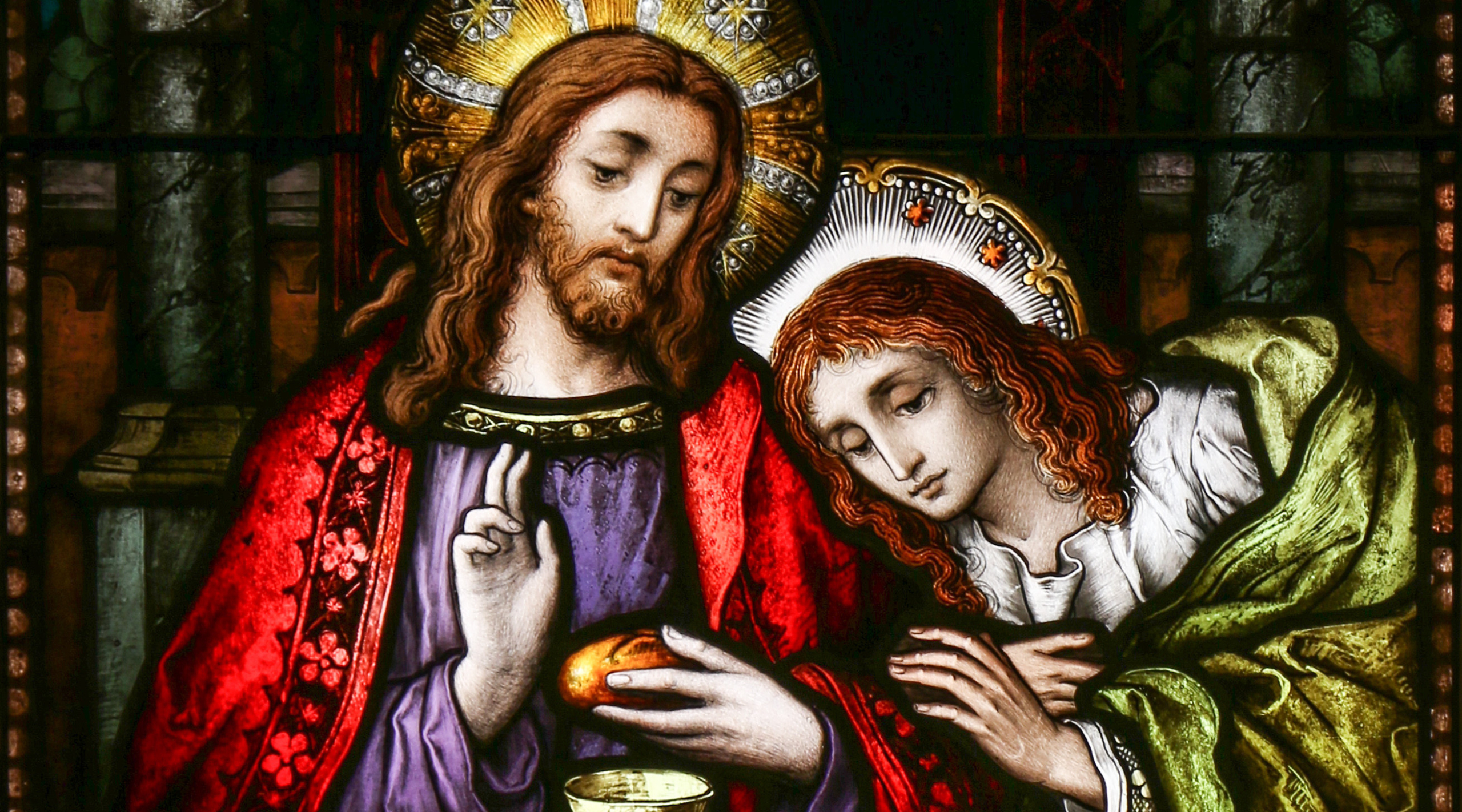Thomas and the Thomists: Vincent Contenson
This is one of the posts in a series on Thomistic commentators. For more information about who these figures are and the inspiration behind this series, read the introduction that can be found here. We hope that the teaching and life of these hidden giants will lead our readers to encounter the profound mysteries of our salvation. To read more posts in this series, click here.
Vincent Contenson, O.P. (1641-1674), the last Thomist in this series, belies the claim that theology is dry. In his only published work, A Theology of Mind and Heart, Contenson sought to “gather from the thorns of scholasticism the roses of piety.” His method for doing so? Adding spiritual reflections throughout his explanations of theology. Perhaps the best way to get a sense of his work is to read an excerpt. Below is a translation from Contenson’s spiritual reflection on our friendship with God, offered to you by the author of this post. Today, may we all become better friends of God.
***
Behold, oh reader, the graciousness of God. God embraces your friendship and says: “Son, grant unto me your heart.” Behold who asks, from whom he asks, and that for which he asks.
God asks for your heart, him to whom it was due before he even asked. The highest Lord asks for what is his as if it were not his. . . . Your helper asks love, he who flooded you with grace that you might love. For he came to cast fire on the earth that a sacred flame might ascend, a flame that does not consume but perfects. It does not denigrate or corrupt, but it embellishes what is born for heaven, what is nourished in the very heart of God. The flame calls our heart to heaven, and it tends toward the heights, the place from which it pours. Love asks for love. . . .The Father asks for love, he who so loved the world that he gave his only begotten. . . . The Son asks for love, he who was made man by love that he might be more loved by us in being similar to us. The Son who teaches the art of loving both by words and acts, an art he consummated by his death. . . . Oh immortal God! Oh immortal love in the face of death! . . . Finally, the Holy Spirit asks love, he who is notional love, flame of the Trinity, fire of God, the God-Fire, he asks love that he might transform you into God by love, you whom vices have so deformed.
See from whom he asks; he asks from everyone; from you, dear reader; from me, he asks love. I ask you, reader, let me present some questions to you from God in God’s own voice. God says to you: “Whatever you are, whatever you have, whatever you will be, you have it all from me, and do you refuse me love? You who have been overwhelmed by the infinite gifts of nature and of grace—gifts bodily, spiritual, present and past, all those gifts I have given—I have given you such great gifts and there are more to be given. Will you return such love? You who are such a debtor due to sin, sins against me, your neighbor, and even yourself, sins as frequent as they are perversely accomplished. Yet such crimes are repaid by love, absolved by love. You teacher of the new law, hearer of the Gospel, disciple of Christ: clothe yourself with that one sign of Christianity, the sign of love, and show yourself to be thus clothed. You candidate of immortality, purchase all of paradise by love. . . . You being so small, yet loved so much by such a one as me, do you hesitate to return love in return?”
Finally, what he asks: he asks love. Nothing hard, nothing extravagant, nothing difficult is asked because the sister of love is sweetness. True love is not reckoned to be hard, or bitter, or weighty, or lethal. . . . “Where there is love, there is no labor, but sweetness” as Bernard adds. If God were to command something difficult, love would soften it. . . . Love renders fasting sweet, it consecrates chains, it anoints tortures, for it knows how to render things pleasant. How pleasant is the law of Christ, how sweet the yoke, how lovable the weight we carry: the law of love, the yoke of charity, the weight of goodwill, which is not only not burdensome but, without it, all things become difficult.
✠
Photo by Fr. Lawrence Lew, O.P. (used with permission)







